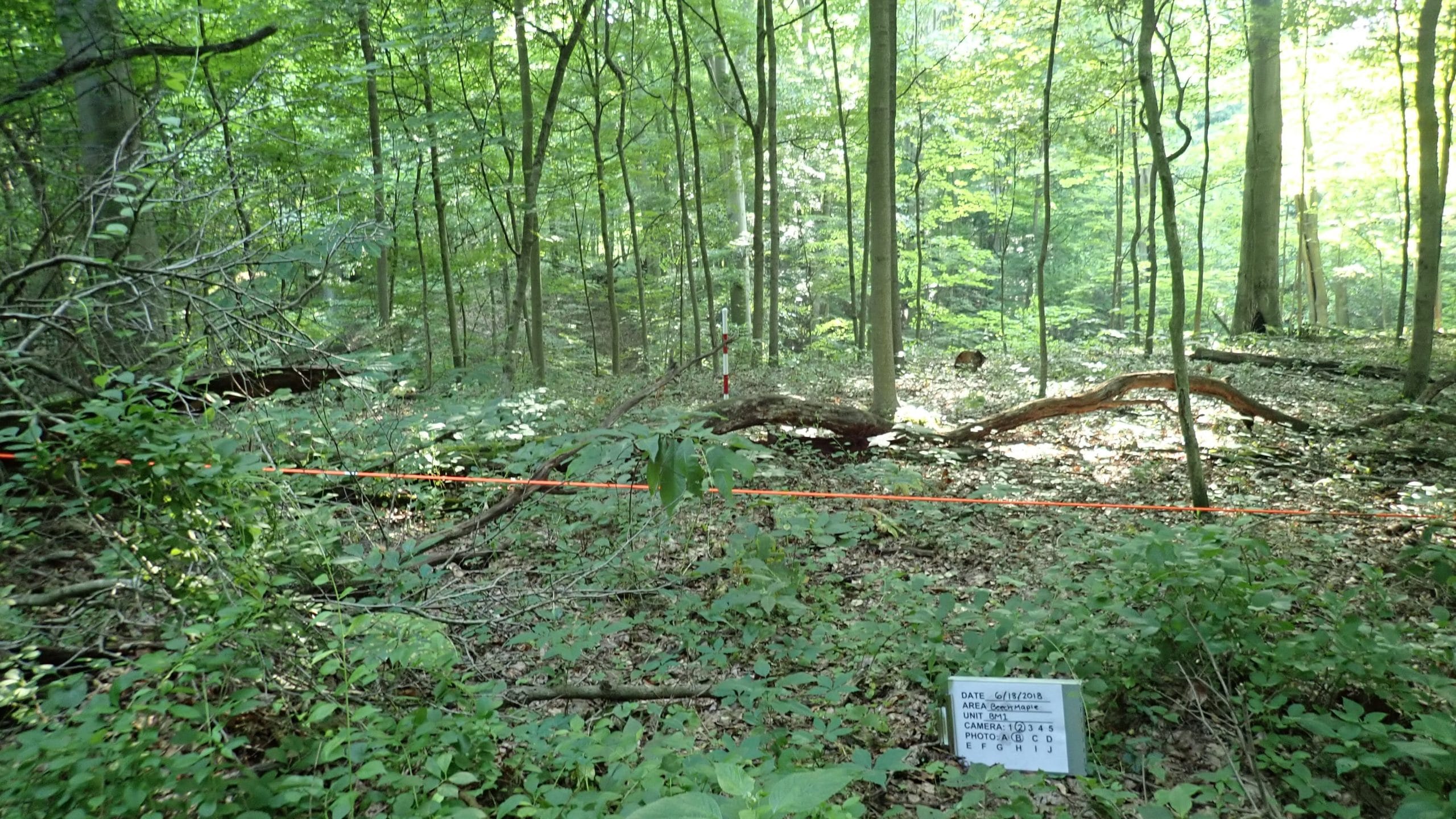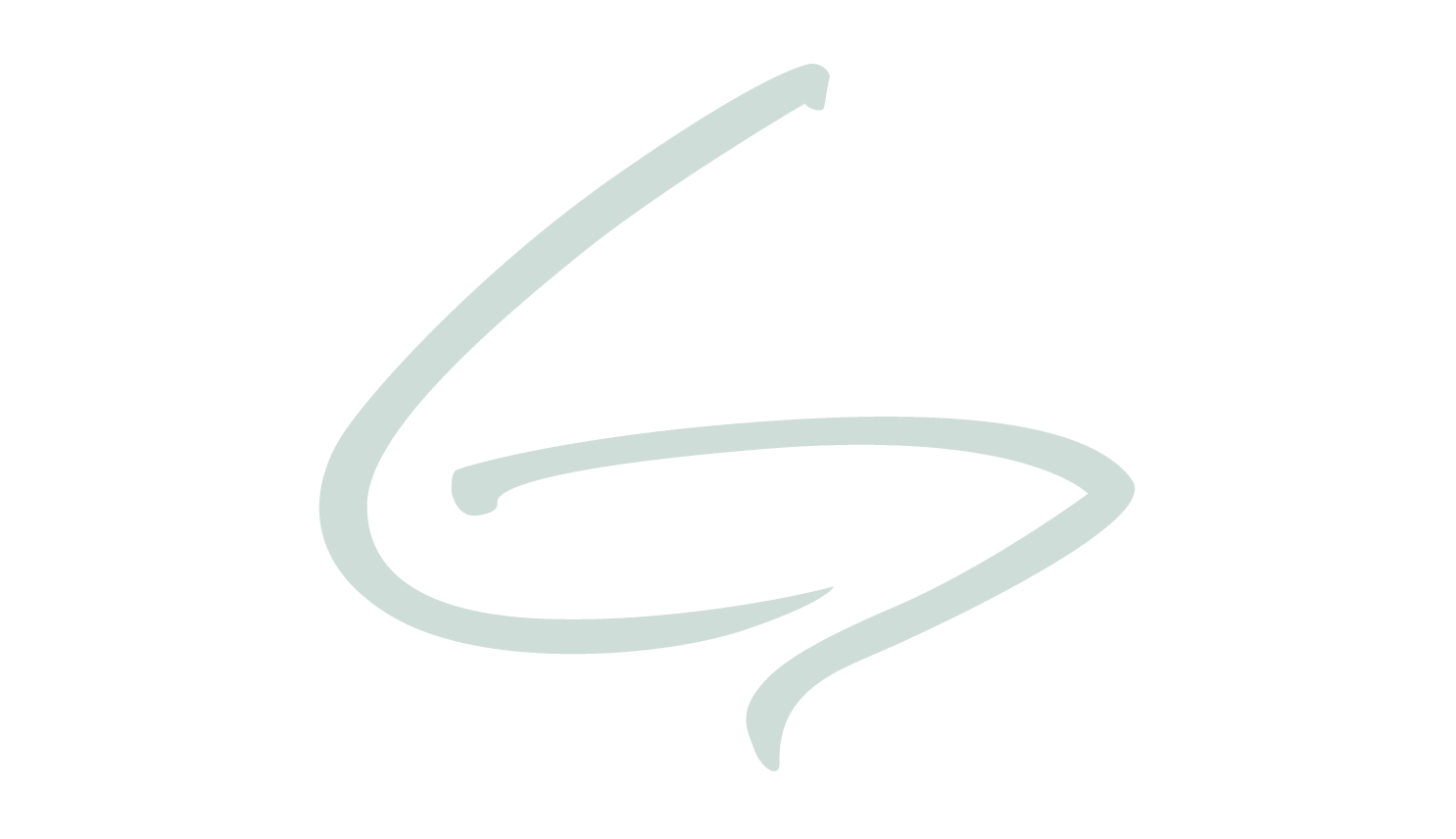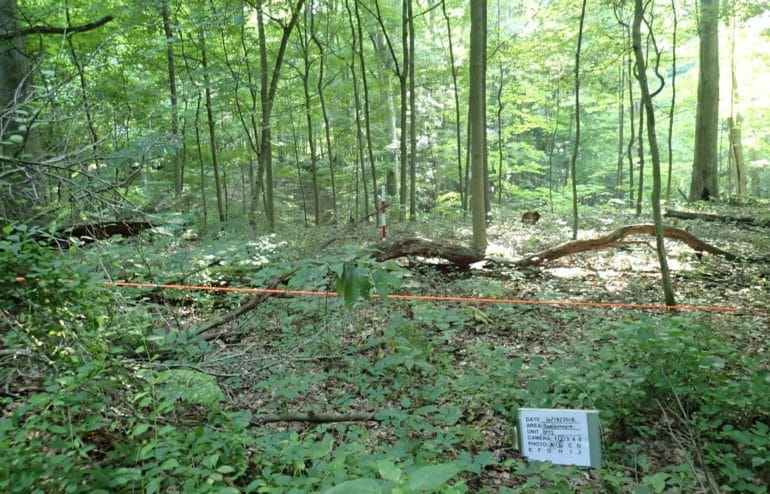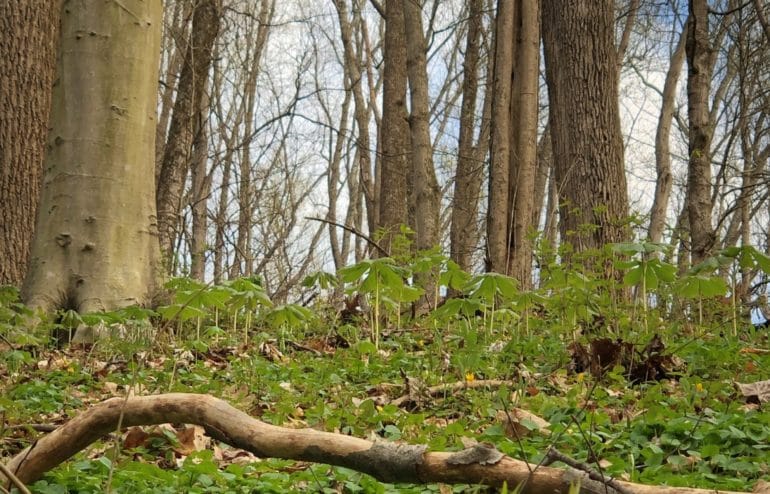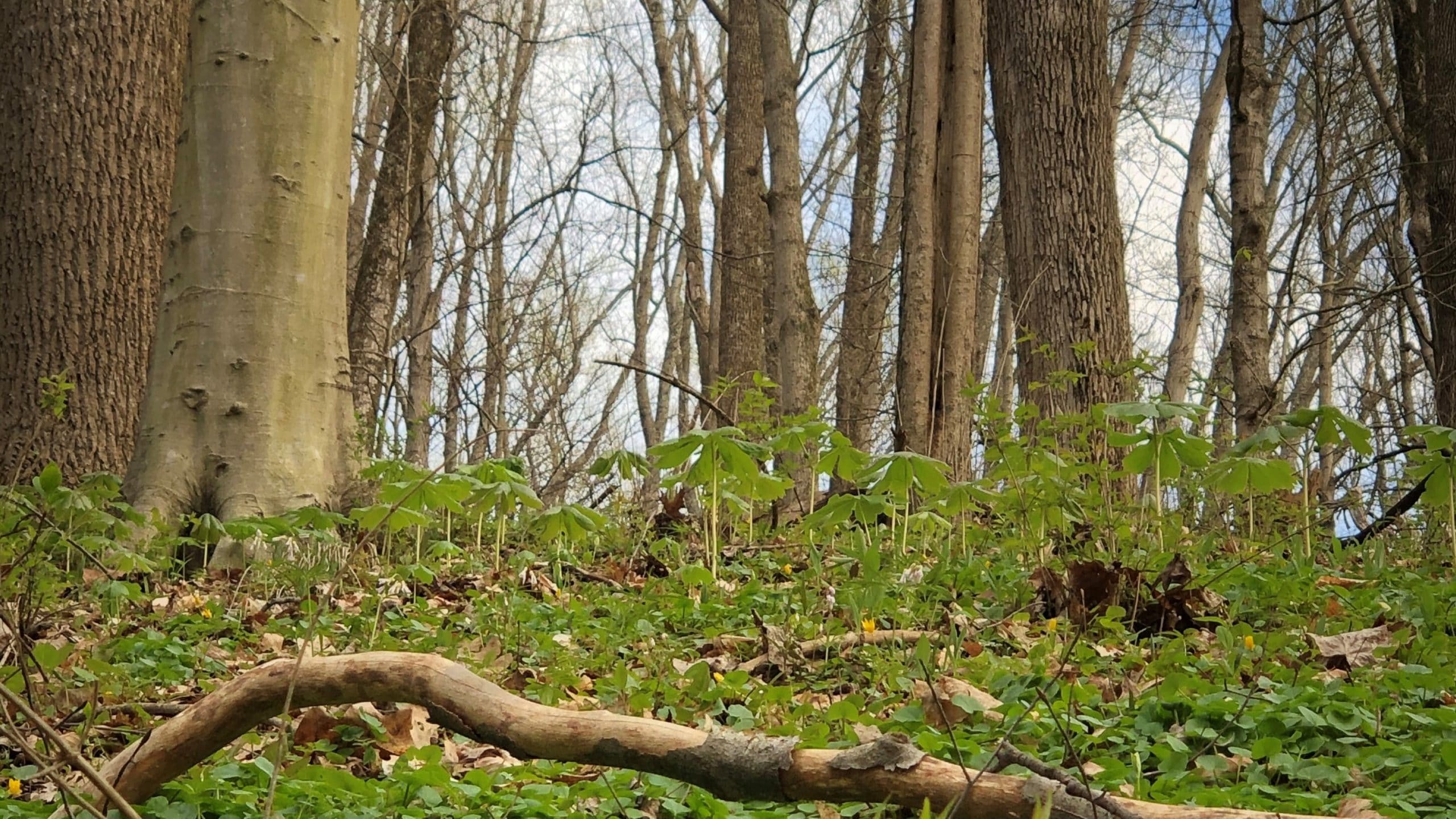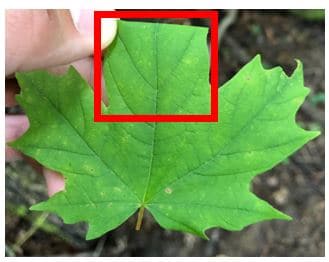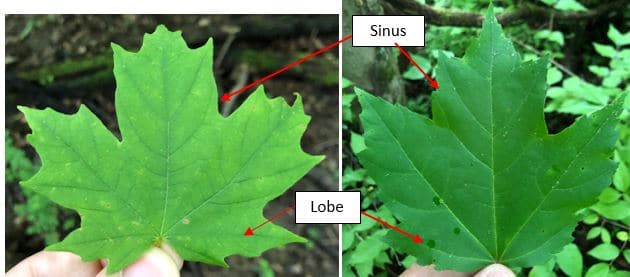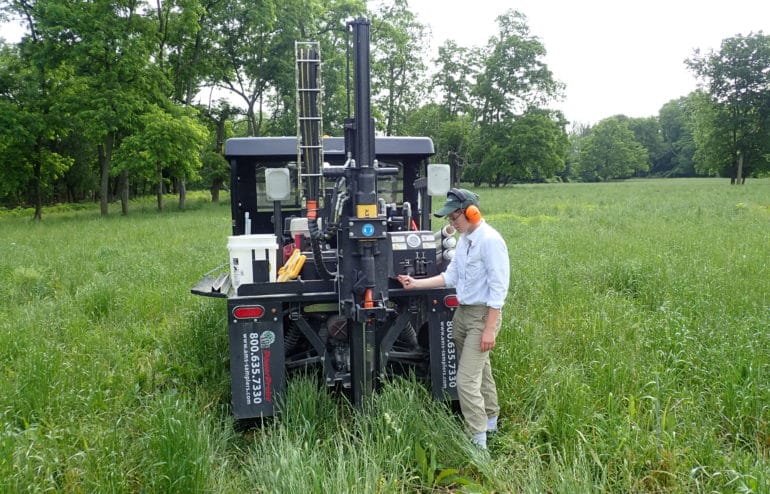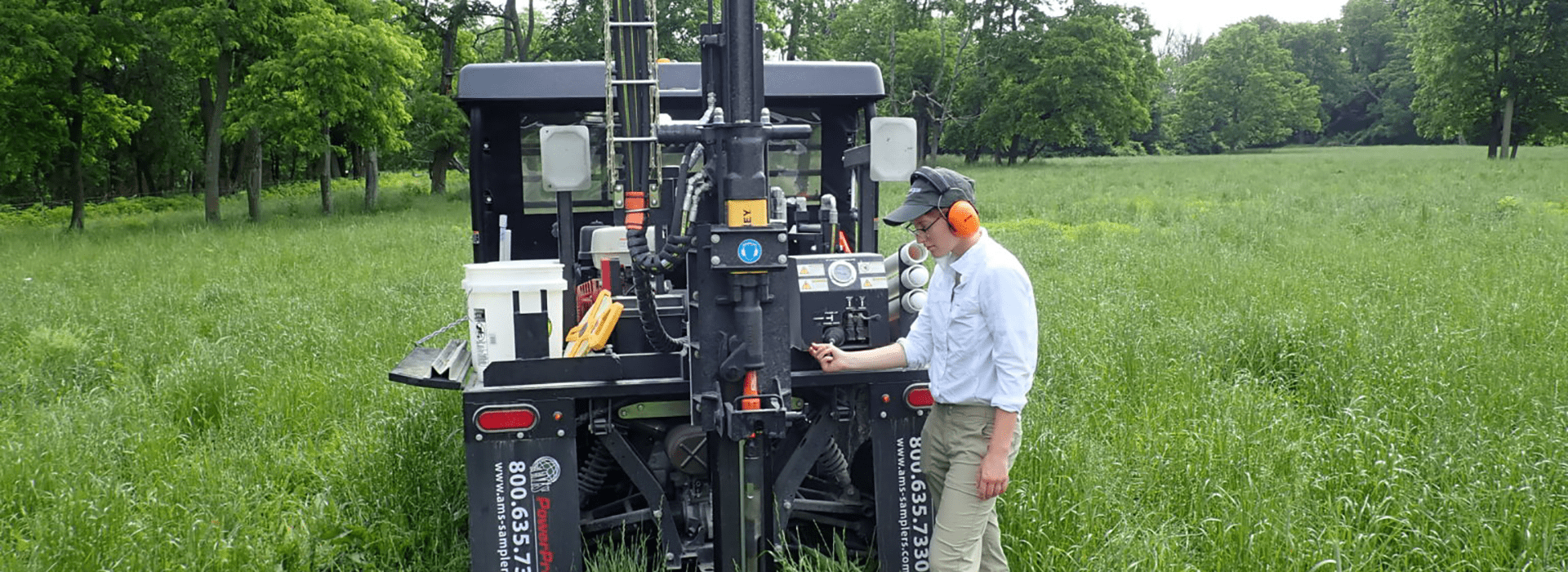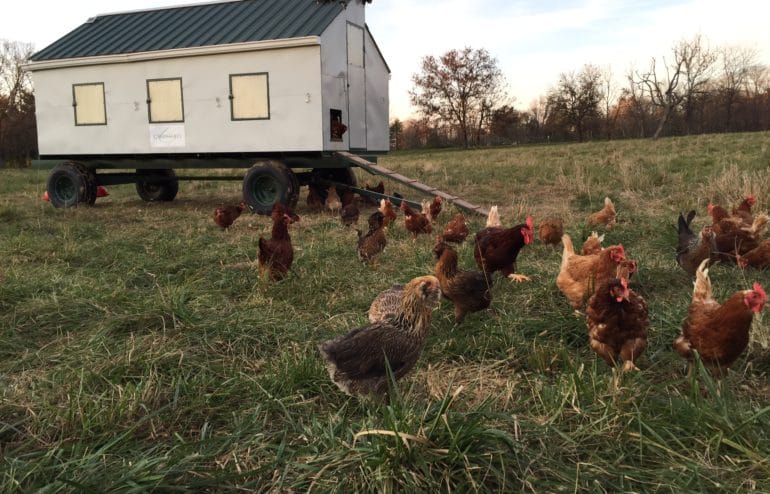Ask people what a plant needs to grow and you will probably get answers such as, “sun, water and soil”. The soil provides important nutrients (and fungal associations) to the plant, but also needs to have right physical properties to allow a root to grow and penetrate. The physical growth of the root is quite dependent of the soil in which it is trying to grow.
One important measurement in determining the ability for a root to penetrate the soil is bulk density. Bulk density is the weight of dry soil per volume (grams/cm3). This value reflects soil texture and compaction. In addition to affecting the ability of a root to grow, bulk density will affect infiltration, water capacity, porosity, nutrient availability and soil microorganism activity.
Bulk density can be measured by collecting a known volume of soil and then measuring the dry weight of the soil. At Greenacres, we use one of two methods, depending on our location. In the pastures, easily accessible by the soil probe, we can collect a sample in a plastic sleeve. The tube is then cut into known lengths to determine volume and the soil sample dried. In the woods, we collect the sample by hand by driving a cylinder (known volume) into the ground and collecting the sample.
Table 1 compares some bulk densities across Greenacres properties. In general, bulk densities below 1.6 grams/cm3 are good for root growth. The soil in Lewis Township is more compact and has a higher bulk density compared to the pastures at Indian Hill. The management of these soils contributed to this difference.
Table 1. Bulk densities were measured across 3 Greenacres sites: Beech Maple Woods, Front Nippert Pasture and Lewis Township field.
| Location |
Bulk Density (grams/cm3) |
| Beech Maple Woods (transect 1) (0-10 cm) |
1.05 |
| Front Nippert (pasture) (0-10 cm) |
1.1 |
| Lewis Township (historically soybean field) (0-10 cm) |
1.61 |
–Jennifer
